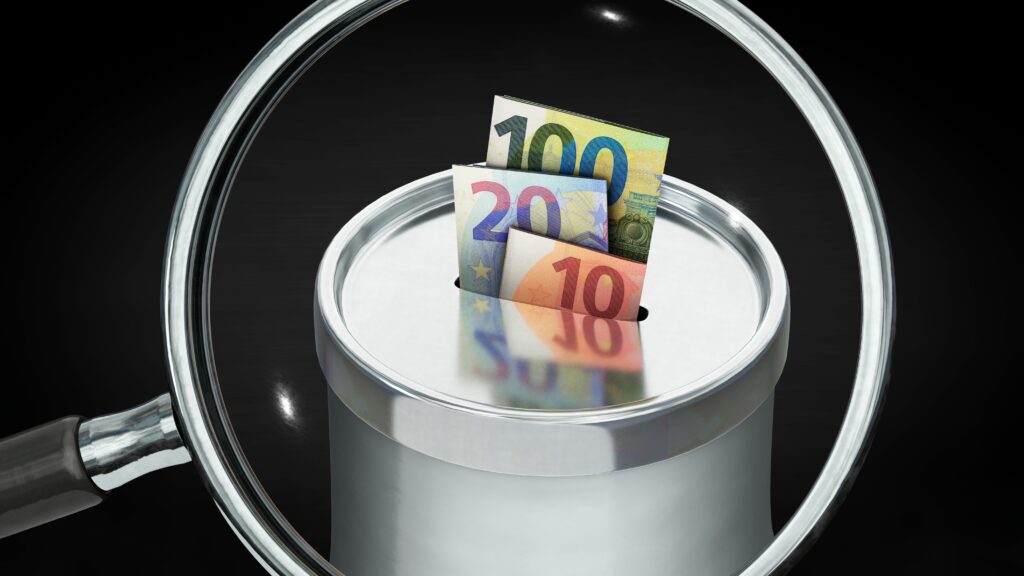AfD receives donation of €1.5 million, the largest in its history, from medical entrepreneur Winfried Stöcker, sparking transparency concerns ahead of Germany’s February elections. Critics warn of potential risks to democracy as debates over political funding regulations intensify.
AfD Gains €1.5 Million From Wealthy Donor
On Wednesday, the AfD confirmed receiving €1.5 million from Winfried Stöcker, a wealthy medical entrepreneur. Stöcker gained notoriety in 2021 for conducting an unauthorized COVID-19 vaccination campaign, which led to legal penalties.
This donation is the largest in the party’s history, far exceeding its previous record of €35,000. The timing, just weeks before Germany’s elections on February 23, has amplified public scrutiny.
Although the contribution complies with German law, which imposes no upper limits on donations, it underscores funding disparities between parties. Germany’s election campaigns, though relatively low-cost by global standards, have seen rising expenses. For instance, political parties spent €235 million on campaigns in 2021, a significant increase from €184 million in 2017.
How Are German Political Parties Funded?
Political parties in Germany draw income from four main sources: state funding, membership fees, elected officials’ salaries, and private or corporate donations.
State contributions form the largest share of party budgets, often exceeding one-third of total income. The amount each party receives depends on its recent electoral performance and financial support from members. Established parties like the CDU and SPD benefit the most, while smaller parties struggle with limited resources.
Membership fees are the second-largest revenue stream, followed by private donations. Critics argue that this system favors larger parties, making it harder for newer or smaller groups to compete effectively. To maintain a balance, state funding cannot exceed 50% of a party’s income. For 2024, the Bundestag set the maximum state funding amount at €219 million.
Transparency Concerns and Loopholes
Germany’s rules on political donations are less restrictive than those in many other EU countries, where donation caps are common. In Germany, individuals and corporations can donate unlimited amounts.
Donations exceeding €35,000 must be reported to the Bundestag and published online, while contributions between €10,000 and €35,000 appear in annual reports. However, these reports are released only two years later, delaying transparency.
The current system also contains loopholes. Associations (Vereine) can collect funds over time and transfer them to parties without immediate disclosure. The AfD has previously faced allegations of benefiting from €6 million in illegal advertising through a Swiss shell company. Similarly, the left-wing nationalist Sahra Wagenknecht Alliance (BSW) was accused of receiving €1.6 million through an affiliated association.
Even mainstream parties have faced scrutiny. For instance, CDU district associations were found to have split €50,000 donations from a smuggling suspect into smaller amounts to bypass reporting requirements.
Efforts to introduce stricter regulations, such as capping donations and requiring full disclosure for contributions above €2,000, have met resistance. The CDU, in particular, has opposed such reforms.
Critics Warn of Undemocratic Influence
Advocacy groups and analysts have raised alarms about the risks of large donations undermining democracy. Wealthy donors and corporations could wield outsized influence over policy decisions through financial contributions.
Aurel Eschmann of the NGO Lobby Control expressed deep concerns over the AfD’s €1.5 million donation. He called it a troubling example of far-right parties receiving overt support from wealthy individuals. “This sets a dangerous precedent,” Eschmann warned. “Germany urgently needs a cap on party donations to protect democracy and limit undue influence.”
A Growing Need for Reform
The record-breaking donation to the AfD has reignited calls for stricter regulations on political funding. As election spending continues to rise, critics argue that Germany must address the lack of transparency and introduce caps to ensure a fair political process. The debate over funding reveals deeper concerns about the integrity of democracy and the influence of wealth on political power.
